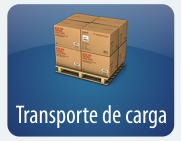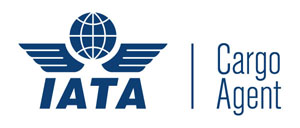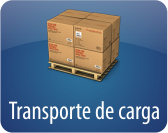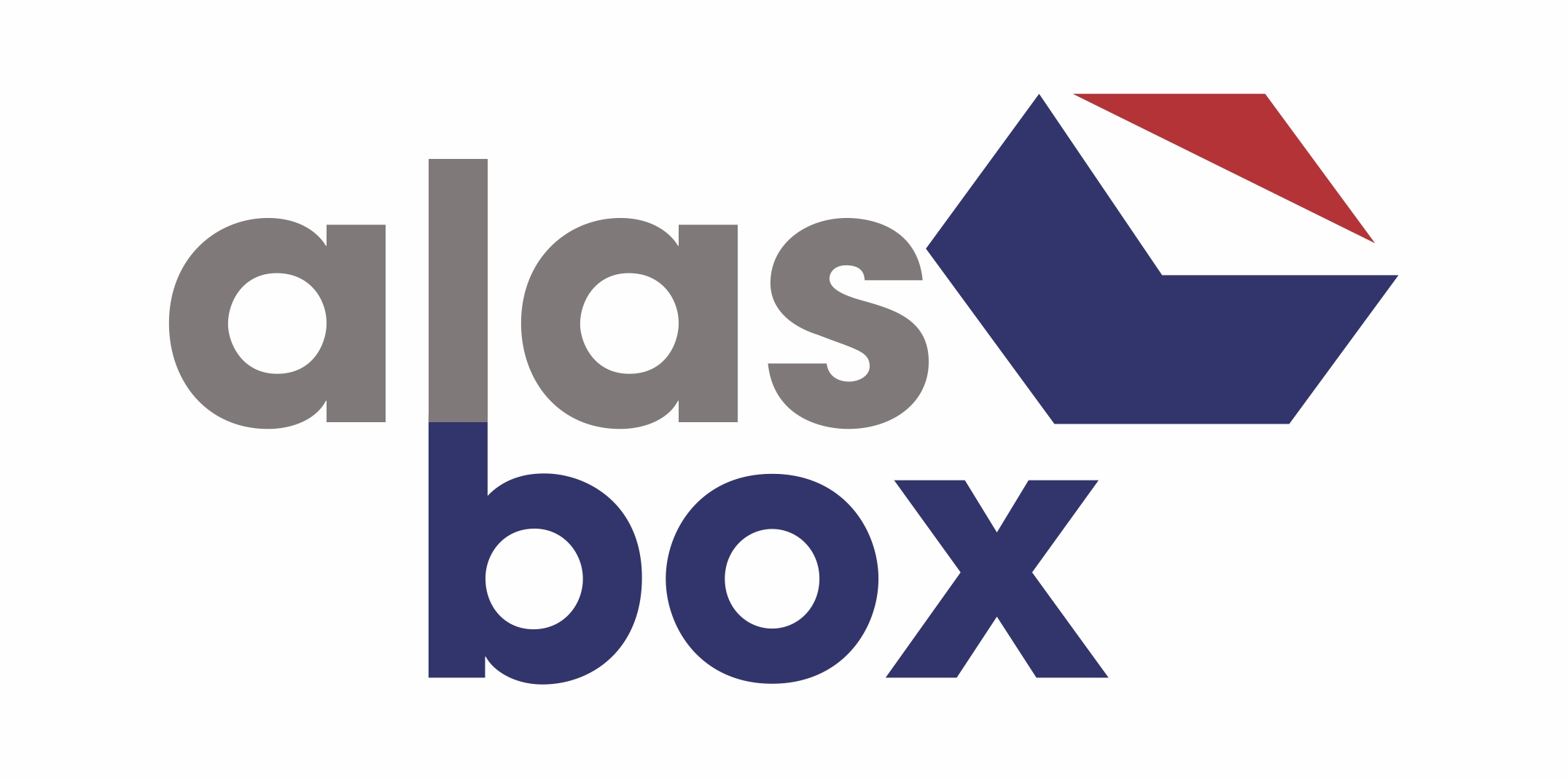Carga Aérea Empresas Australia
Carga Aérea Empresas Australia, Expertos en envíos de carga y fletes hacia Australia desde Europa
TRANSPORTE DE CARGA AUSTRALIA
 Australia
Australia

COTIZADOR DE CARGA AÉREA AUSTRALIA
https://alaslatinas.co/cotizador
AEROPUERTOS DESTINOS
ADL - ADELAIDE
DRW - DARWIN
MEL - MELBOURNE
PER - PERTH
SYD - SYDNEY
Documentos para importaciones:
 Australia
Australia
Overview
There is no requirement for importers (companies or individuals) to hold an import licence to import goods into Australia.
However, depending on the nature of the goods and regardless of value, importers might need to obtain permits to clear certain imported goods from customs control. Importers are required, amongst other things, to ensure that imported goods are correctly labelled. For example, imported goods that require a trade description must be marked with the name of the country in which the goods were made or produced, and where specified, a true description of the goods.
Further information about trade description goods and ownership of trade marks and copyright can be found under the headings Commerce Trade Descriptions and Intellectual Property Rights on this page.
Other information for goods that are prohibited or restricted on importation can be found at Prohibited goods.
Some permit issuing authorities also publish brochures/pamphlets about their areas of concern, but these publications might not always reflect current customs legislation and procedures.
Contact us to check these issues.
Information on Valuation Advice
Advance rulings are formal advices on how we will apply certain laws to goods for importation. A Valuation Advice provides rulings on specific matters relating to the assessment of the customs value of imported goods. Valuation Advice enquiries can be sent to valuation@abf.gov.au.
The following links to relevant documents and forms about Valuation Rulings and how to apply:
Transfer pricing
During November 2006 we sought comments on a pricing discussion paper that set out policy, legislative and system issues. Submissions from clients and other government agencies have been considered in finalising the Business Practice Statement on Transfer Pricing (80KB PDF).
Rules of origin
Rules of origin are the rules applied to determine from which country a good originates for international trade purposes.
Rules of origin are necessary for preferential reasons i.e. determining eligibility for benefits such as reduced rates of duty.
For detailed information, including information booklets, refer to the separate section of this guide dedicated to Rules of Origin.
Information on Origin Advice
An Origin Advice provides rulings on whether particular imported goods qualify as originating from a particular country. Origin Advice enquiries can be sent to Origin@abf.gov.au.
The following links to relevant forms and documents about Origin Rulings and how to apply:
- Practice Statement 2009/13 – Rules of Origin (216KB PDF) sets out our policy in relation to preferential rules of origin for Australia's Free Trade Agreements.
- The associated Instructions and Guidelines are also available.
- Form B659 – Application for Origin Advice Ruling (642KB PDF)
- Advance Rulings Factsheet (608KB PDF)– Overview on Tariff, Valuation and Origin advices and their application processes
The Australian Business Number
If you have an Australian Business Number (ABN) you will need to supply it to us when formally entering goods. You need to be registered for GST purposes and have an ABN in order to claim input tax credits or access the GST deferral scheme.
For advice on any GST matters, including registration, deferral and claiming of input credits, contact your local taxation office.
Concessions
On importation, if you or your goods meet eligibility requirements, you can make use of concessional treatment for imported goods under Schedule 4 to the Customs Tariff Act 1995 (the Tariff).
Schedule 4 of the Tariff lists 55 items covering various categories of goods and the respective concessional rates of duty payable. Schedule 4 supports a range of industry assistance objectives, as well as tariff concessions arising from international treaties including Free Trade Agreements (FTAs).
Read more information about FTAs at Free trade agreements - Rules of Origin.
Concessional treatment for imported goods can also be obtained if you are granted a Tariff Concession Order (TCO). A TCO can be obtained under the Tariff Concession System (TCS). Further information about the TCS can be found in the fact sheet Tariff Concession System (502KB PDF).
Commerce Trade Descriptions
Certain goods must be correctly labelled with a trade description before they can be imported into Australia. Not all imported goods require labelling. Imported goods that require labelling, but do not meet labelling requirements, may be seized.
The Commerce (Trade Descriptions) Act 1905 (the Act) and the Commerce (Trade Descriptions) Regulation 2016 (the Regulation) set out which goods or classes of goods require labelling when being imported into Australia, what label is required and where the label must be applied.
A trade description means any description, statement, indication or suggestion, direct or indirect, as to the how or by whom the goods were made, produced, selected, packed or otherwise prepared. The trade description must:
- be in the English language and in prominent and legible characters
- include the name of the country where the goods were made or produced
- where required, include a true description of the goods ('true description' is not defined in the legislation so is taken to be anything that is a correct and accurate explanation of the goods)
- unless a prepacked article, be in the form of a principal label or brand (including a mark, device, name, word, letter, numeral or symbol and a combination of 2 or more of those things) attached in a prominent position, and as permanently as practicable, to the goods – if attachment to the goods is impracticable, to the principal coverings containing the goods for wholesale or retail.
Further information is available on the labelling requirements webpage, including what goods require a trade description to be applied before importation into Australia.
Intellectual Property Rights
Import provisions under the Trade Marks Act 1995, Copyright Act 1968 and Olympic Insignia Protection Act 1987allow us, under certain circumstances, to seize goods that infringe trade marks, copyright and protected Olympic insignia.
If you are the owner of a trade mark, a copyright work or licensed user of Olympic insignia, protecting your Intellectual Property (IP) through the border measures available will allow us to seize goods that infringe your IP rights if they are detected at the time of importation. To protect IP rights from counterfeit, pirated or unauthorised importation, the owner, or in some cases an authorised user, must have a Notice of Objection in place with us.
Notice of Objection
A Notice of Objection is a legal document that allows us to seize imported goods that infringe trade marks, copyright or Olympic insignia.
A Notice of Objection under the Trade Marks Act, Copyright Act, or Olympic Insignia Protection Act is valid for four years. These Notices can be re-lodged to ensure ongoing protection. If the Notice is no longer required, the owner can withdraw it at any time. Separate Notices are required for trade marks, copyright and Olympic insignia.
A Notice of Objection only protects goods, not services, which are imported into Australia.
We encourage trade mark, copyright and Olympic insignia rights owners and the public to provide information that will assist us to identify and intercept suspected infringing goods.
Read more detail about Intellectual Property including Notice of Objection forms and guides.
See our list of goods covered under current Notices of Objection.
Assistance
If you want to clear your own goods you should contact us for advice on our requirements and operating hours.
Please note that we do not complete import entries on your behalf.
Import entry procedures are based on self-assessment by importers who should be aware of all their obligations.
Penalties can be imposed for the submission of incorrect or misleading information or for the omission of information to mislead.
Details of the information requirements of the "Entry For Home Consumption" and guidance for its completion are contained in the Documentary Import Declaration Comprehensive Guide. (1324KB PDF)
We recommend that you use the services of a customs broker to complete import entries and related clearance formalities.
Brokers specialise in the clearance of imported goods and are licensed by us. We maintain a list of Customs Brokerages or they can be contacted by reference to the yellow pages of local telephone directories under "Customs Brokers".
![]()
[Consulte en cotizador automatico, posibles tarifas promocionales para este destino]
Servicio adecuado para:
-Exportaciones hasta aeropuerto destino Adelaide(ADL) / Darwin (DRW) / Melbourne (MEL) / Perth (PER) / Sydney (SYD).
-Carga aérea empresarial: Carga paletizada con origen y destino clientes corporativos.
Otros destinos Australia, consultar tarifa.
Para recogidas dentro de España, consulte coste tránsito.
Para recogidas en otros paises de Europa, consulte coste transito.
Estas tarifas Corresponden exclusivamente al flete aéreo desde el aeropuerto de origen hasta la llegada al aeropuerto de destino. No incluyen gastos en destino. (ej.: liberación conocimiento aéreo en destino, agentes de aduanas en destino, estancias en depósito de aduana en destino, traslados para inspección)
Tarifas aplicables solamente a carga general, transportable en vuelo con pasaje.
Altura máxima de los bultos: 160 cms. (**ver limitaciones segun destino)
Tarifas No válidas para animales vivos, perecederos, mercancías peligrosas, valiosas, sobredimensionadas, refrigeradas, etc.
Para envíos con altura superior a 160 cms, consulte condiciones y tarifas para aviones cargueros.
Tarifas basadas en una selección y combinación entre las diversas Compañías Aéreas que ofrecen servicio de Carga en el aeropuerto de Madrid.
Seguro no incluido. Responsabilidad legal máxima por Kilo: 20 DEG, según Convenio de Varsovia.
Aviso Informativo:
Alaslatinas recomienda a los exportadores, revisar y comprobar siempre con importador en país destino, lista de documentos exportación requeridos por aduanas en destino (certificados, licencias previas de importación, certificados de origen)
Alaslatinas no se hace responsable de sanciones, multas, retenciones, decomisos, producidos a la mercancía en las aduanas en destino, por no cumplir los requisitos documentales o de cualquier índole requerida por la aduana de dicho país.






















































